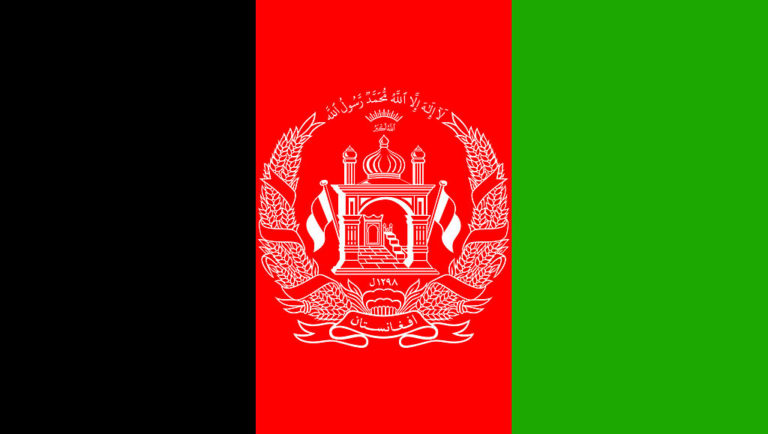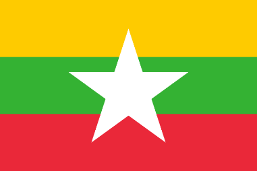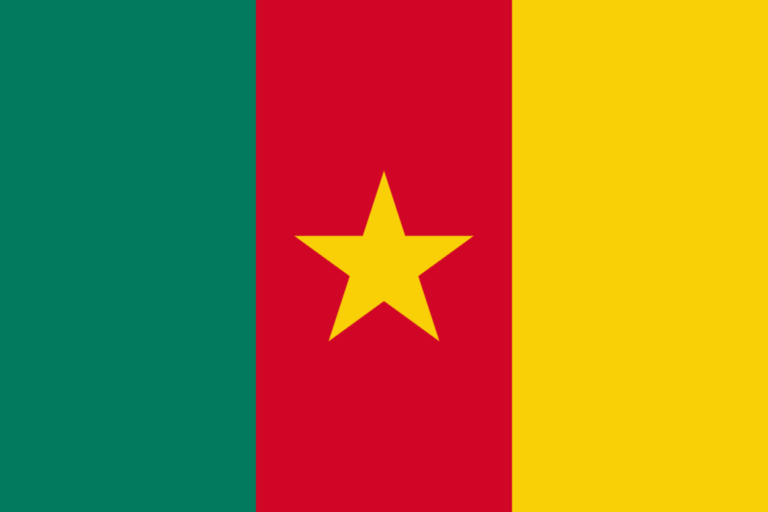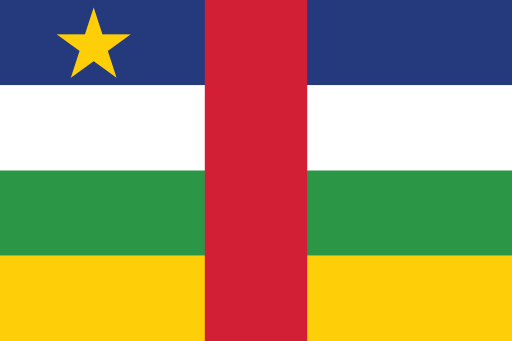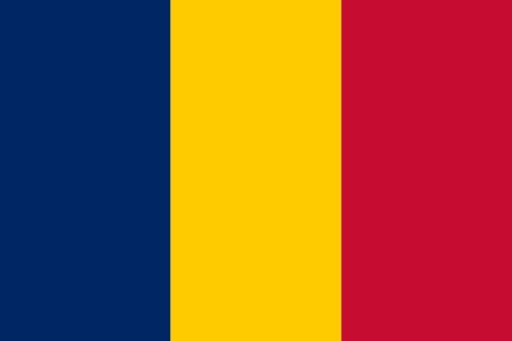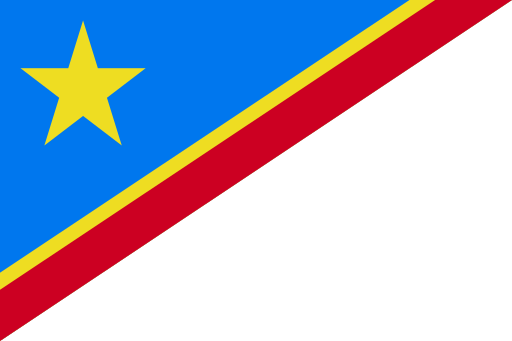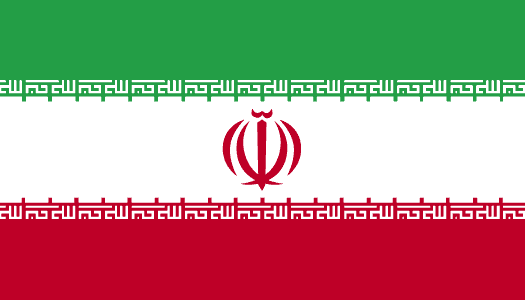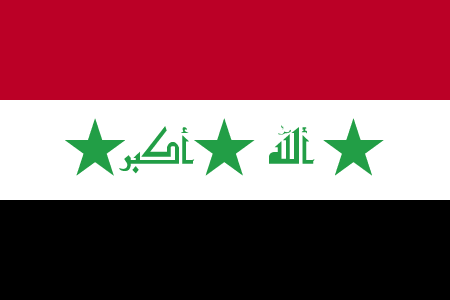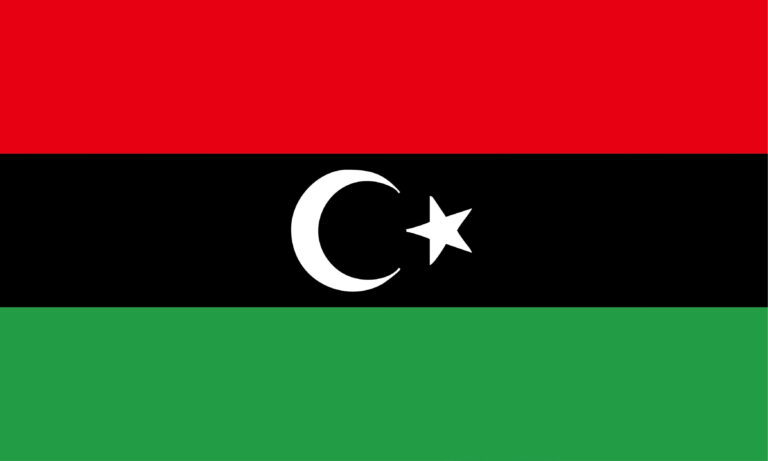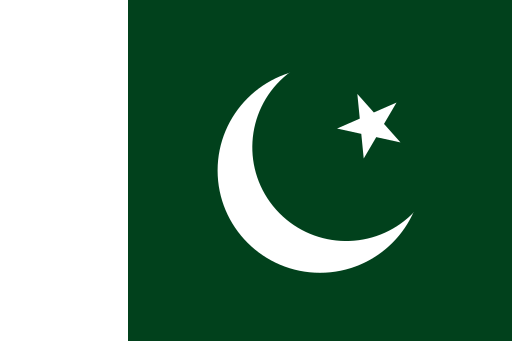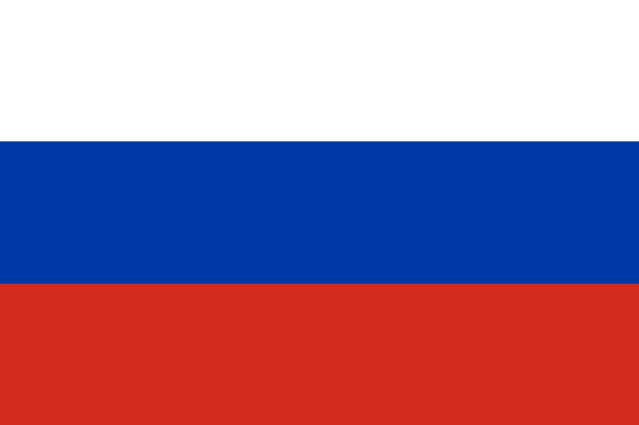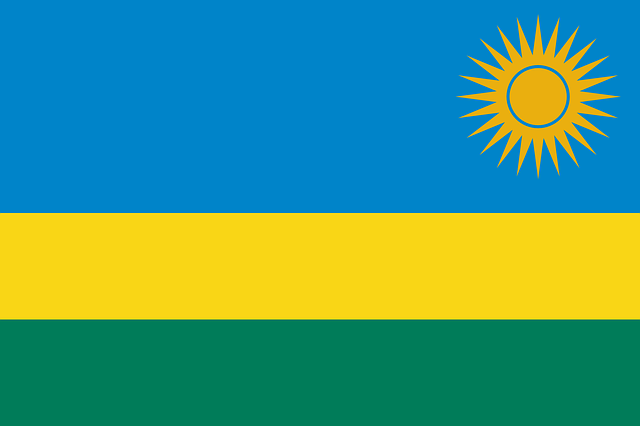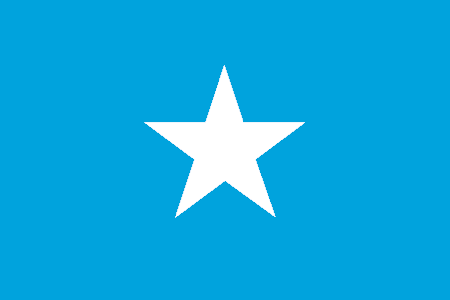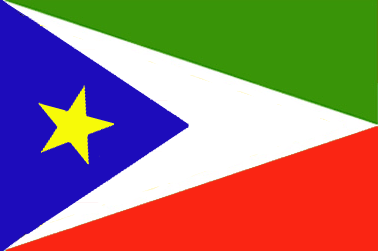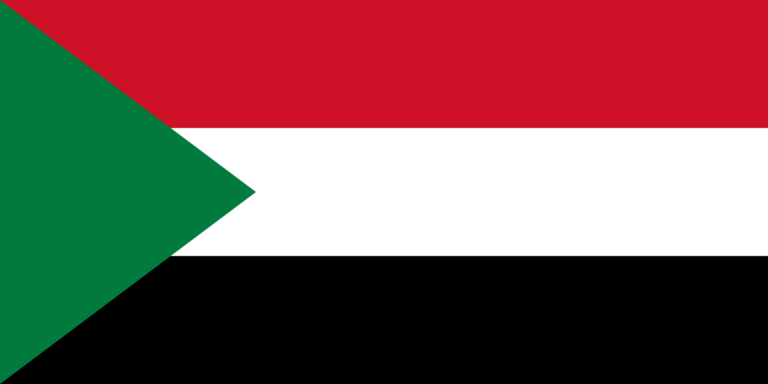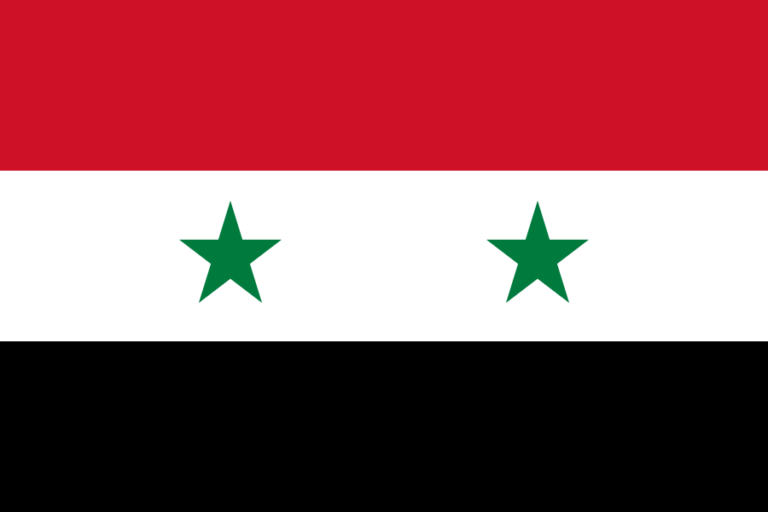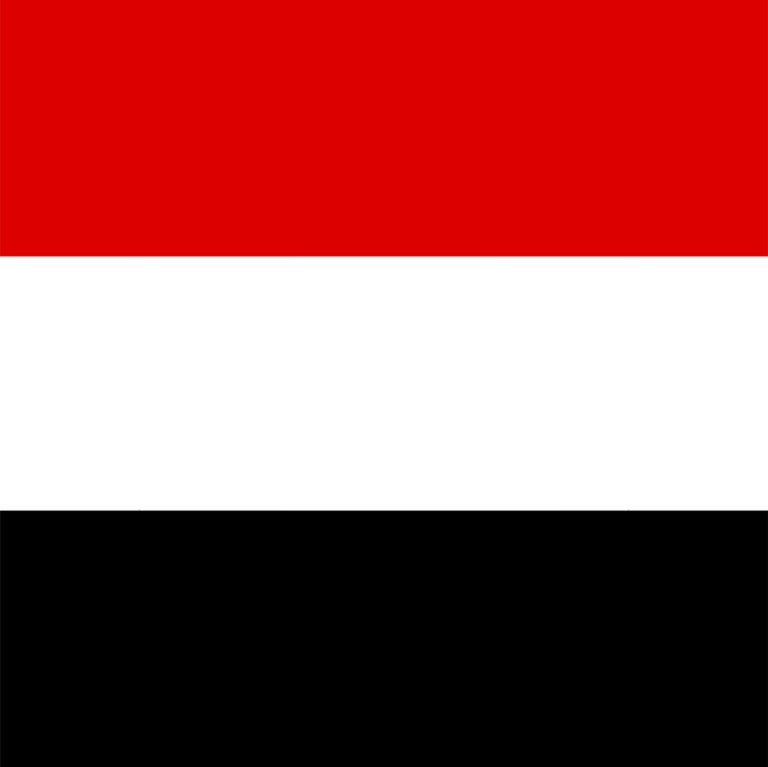- Updated October 24, 2023
Years Listed
Each shaded box corresponds to a year the country appeared on the CSPA list and what types of waivers it received, if any.
The Central African Republic (CAR) appeared on the CSPA list in 2013 and 2014 and, following a seven-year absence, appeared again in 2022 and 2023. The U.S. president did not waive CSPA prohibitions against the provision of U.S. arms sales and military assistance to CAR in 2013, but did issue partial waivers in 2014, 2022, and 2023. As a result, CAR was prohibited from receiving more than $26 million in arms sales and military assistance – including over $6 million in Direct Commercial Sales and $20 million in Peacekeeping Operations Assistance – and permitted to receive more than $359 million in International Military Education and Training.
Since 2021, U.S. presidents have been required to include justifications for CSPA waivers that were issued during the previous year in the annual Trafficking in Persons Report. CAR’s 2022 waiver justification stated that: “Armed groups in CAR threaten civilians and pose a longstanding risk to stability. The waiver for PKO, IMET, and DCS assistance for CAR will allow programming to continue which directly supports the professionalization of the military to better provide security to the people of CAR while respecting human rights and international humanitarian law.”
According to the U.S. State Department, the Central African Army, government-supported anti-balaka militias, and Seleka rebels that seized control of the country’s government in 2013 reportedly recruited and used child soldiers. In 2012, there were reports that the Central African Army recruited and used children to man checkpoints and identify rebel hideouts. The Central African Army also reportedly provided in-kind support – including machetes – to anti-balaka village self-defense units which were known to recruit and use child soldiers. UNICEF estimated at the time that children comprised one-third of these self-defense groups.
In March 2013, the Seleka coalition took control of the government. Armed groups aligned with the coalition were known to recruit and use child soldiers – including the Convention of Patriots for Justice and Peace (CPJP), the Union of Democratic Forces for Unity (UFDR), and the Democratic Front of the Central African Republic (FDPC). According to UN estimates, Seleka-aligned armed groups and anti-balaka units recruited as many as 10,000 child soldiers by 2014. The Central African Republic was removed from the CSPA list in 2015 following the dissolution of the Seleka government, after which point the U.S. State Department did not report any allegations of child soldier use or recruitment by its successor government or by any government-backed groups for several years.
CAR’s reappearance on the CSPA list in 2022 followed reports that members of the Central African Armed Forces (FACA) violated command directives in 2021 by forcibly recruiting at least one child and using seven children in support roles to serve at checkpoints, run errands, and gather information. In addition, FACA collaborated with and provided material support to the Russian-backed Wagner Group, which forcibly recruited and used children as laborers and to gather intelligence in CAR during the reporting period for the 2022 CSPA list. CAR remained on the CSPA list in 2023 due its continued support for the Wagner Group and FACA’s continued recruitment and use of child soldiers, some of whom were used in direct hostilities.
In the first two years that the Central African Republic was on the CSPA list, it demobilized more than 2,500 child soldiers and started drafting a national action plan against trafficking, but it did not report any efforts to establish a policy against child soldiering or to raise awareness about national laws against the use of children in armed forces. The government also did not directly provide reintegration programs for child soldiers, which left children susceptible to re-recruitment. Between April 2021 and March 2022, CAR demobilized 78 children used by armed groups, assisted UN peacekeepers in screening 134 children used by armed groups to facilitate their enrollment in demobilization programs, and worked with an international organization to provide former child soldiers shelter, psycho-social services, and reintegration assistance.
For more information, see the U.S. State Department’s Trafficking in Persons Report and Country Reports on Human Rights Practices. More information on the situation in CAR can also be found in the UN Secretary-General’s annual report on Children and Armed Conflict and country-specific report on CAR.
Total Waived and Prohibited
Since the CSPA took effect.
Explore the Data
Country- and program-level data on the number and type of national interest waivers granted, as well as the amount of arms sales and military assistance waived.

